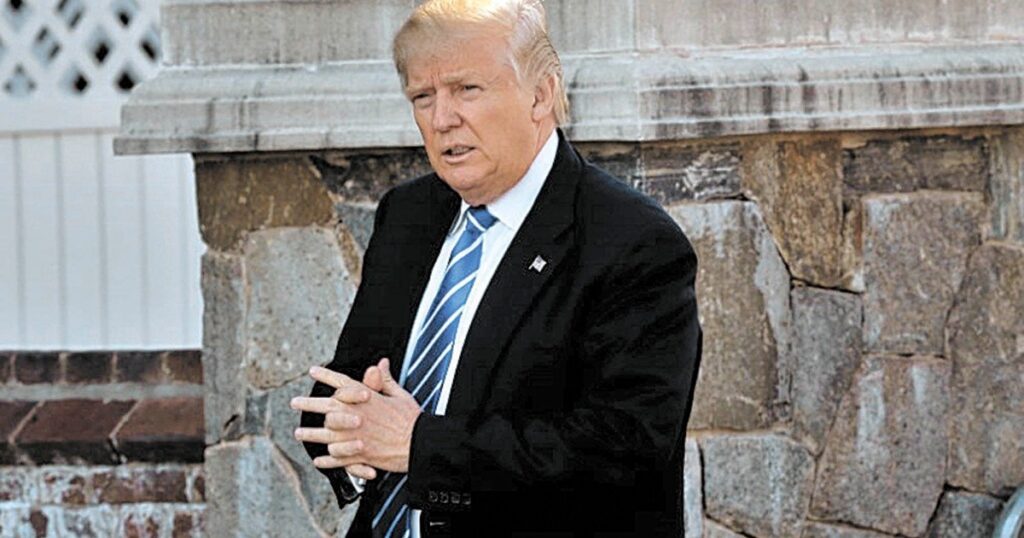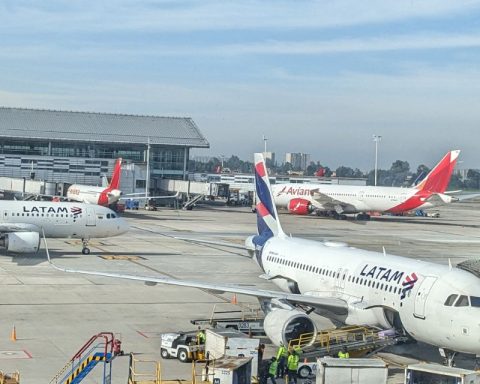The announcement of the new megaproject of the Government, which promises to invest 564.1 million dollars in telecommunications and electrical infrastructure projects, put the gaze of investors and experts on an element of the sector -energy generation- that they consider to be backward and urgent to renew.
On Monday, February 7, the Minister of Energy and Mines, Salvador Mansell, suggested in an interview the investment of USD 556.1 million in various projects in the electricity sector, plus eight million for telecommunications.
That includes $251.3 million for the Mojolka hydroelectric project on the Tuma River; 106.1 million in the El Hato solar project, in Terrabona; 101.6 million for new power transmission lines between Terrabona, Mulukukú and Boaco; 40 million in the commercial management and electrical distribution system; 8 million to build and modernize the National Load Dispatch Center, and 49.1 million for electric mobility.
These projects would be included in a memorandum of understanding that would have been signed with China Communications Construction Company Limited (CCCC), a company that was sanctioned by the president of the United StatesJoe Biden, since June 2021.
“All those projects I see more up hill than the hydroelectric plant proposed to be built in Tumarín at the time,” said one of the sources. After several decades of being proposed, the Tumarín project was awarded in concession to Centrales Hidroeléctricas de Nicaragua (CHN), owned by the Brazilian companies Queiroz Galvão and Eletrobras, which he was dropped in April 2016.
“Who is going to risk millions of dollars in investments that are recovered in ten to twelve years, with the current image and situation of Nicaragua? Since they can’t finance new projects, they look to China and other countries to see what they get,” added the source.
The execution of any electricity generation project requires obtaining a series of local and regional permits (because the entire network of the isthmus is interconnected), which implies several years of negotiations, of carrying out an impact study on the network, and another of the Center National Cargo Dispatch; assess power quality, and ensure your location does not generate turbulence affecting the rest of the regional network.
According to Mansell, the Mojolka hydroelectric project (initially valued at 231 million dollars), would have the capacity to generate 120 MW, and would be capable of producing 585 GWh/year of energy.
“This is a hydroelectric project that has been wanted to be developed for more than 30 years, but now they would have to start almost from scratch, carrying out new feasibility studies. Building it would be convenient because it takes at least four years to develop it”, so that it would be ready to replace the output of older plants, explained one of the sources.
a diminished reserve
Although the need to invest to modernize and expand the power generation and distribution capacity in the country is recognized, there are doubts that the proposed projects (the Mojolka hydroelectric dam; the El Hato solar projects, plus three other plants in the west and one between Masaya and Tipitapa), are the most appropriate as they are proposed, without ignoring the doubts about who is going to finance them.
In the course of the year, the demand for electricity has not even once reached 720 MW, which is less than the 1460.1 MW of installed capacity that the country has, although of that amount, only 1034.2 MW are actually available, so the real reserve is not 740.1 MW but 315 MW, some of it generated by very old and very expensive plants.
This layoff of almost 426 MW (29.2% of the installed capacity), is explained, in part, because units that are over 65 years old continue to operate in the country, which makes them prone to being out of service for longer, because they require higher levels of repair or maintenance.
“Much of the installed capacity in the country is more than 20 years old. Even that level of seniority is no longer normal in the world,” a source noted.
Another reason is that the sanctions against Albanialeft a generation capacity of over 200 MW unused, in a context in which hydro, solar and wind power plants cannot generate more than 50% of their installed capacity, while the Momotombo geothermal plant has technical problems, and New Fortress Energy does not finish building its gas plantsupposed to generate 300 MW.
The unreliability of the local system forced the purchase of energy in the region. Data offered by Mansell shows that, in 2021, Nicaragua imported 1005.24 GWh (21.64% of all the energy consumed last year), but the increase in the prices of that energy makes it less and less economically viable, in addition to the fact that suppliers could require to keep their energy, in case they had to face an emergency.
While in the medium term some of the million-dollar investments suggested by the Minister of Energy materialize, it seems more plausible that some progress will be made in the short term, installing solar panels “in all government institutions, so that we reduce the cost of energy, just as we have seen with some solar panel installations in the Ministry of Energy, which represent 60% of our consumption,” he explained.
















